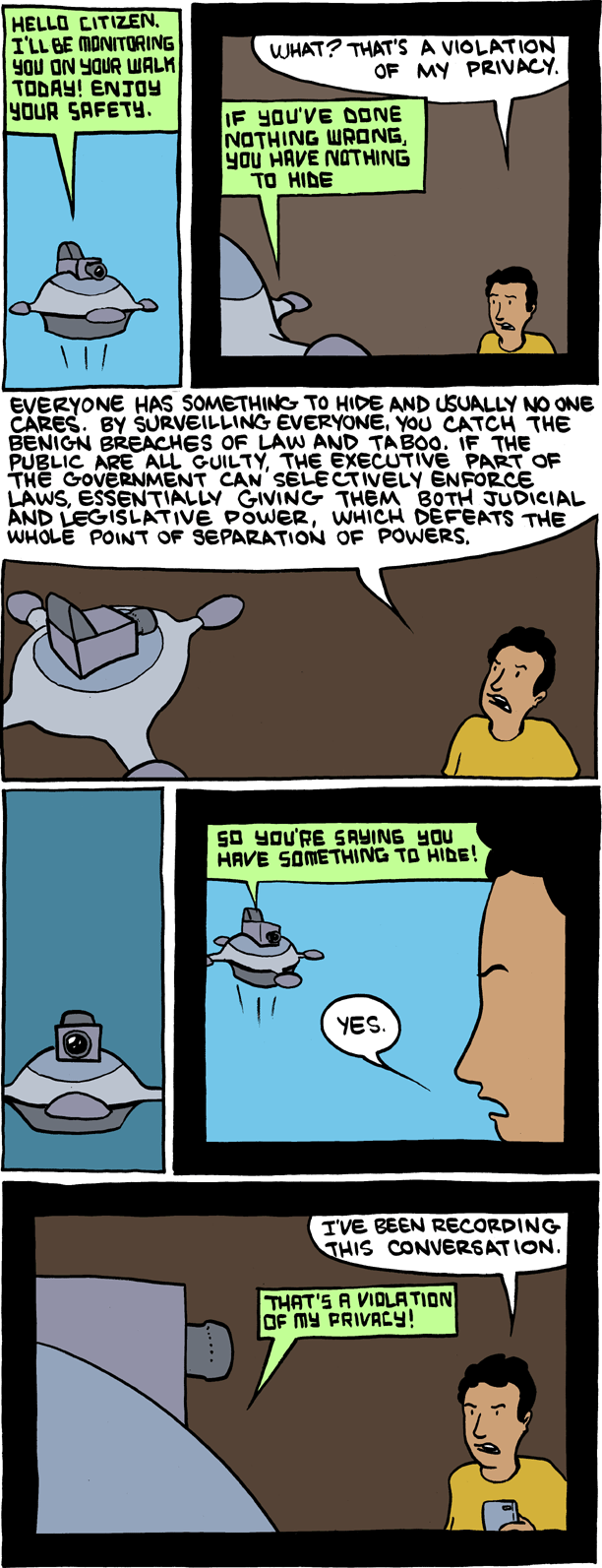- Joined
- Jun 20, 2008
- Messages
- 106,843
- Reaction score
- 98,882
- Gender
- Male
- Political Leaning
- Independent
Your internet provider is now free to sell your browsing history to whoever it wants, and they don't need your permission. You cannot "opt out" of this.
Also educational is how much the telecom industry paid each member of Congress to get this bill passed.
The 265 members of Congress who sold you out to ISPs, and how much it cost to buy them - The Verge
If you want to change Mitch McConnell's position, all you need is over a cool $251,110.
President Trump signed a bill on Monday repealing internet privacy rules passed last year by the Federal Communications Commission (FCC) that would have given internet users greater control over what service providers can do with their data, a White House spokeswoman confirmed.
The FCC regulations would have required broadband companies to get permission from their customers in order to use their “sensitive” data — including browsing history, geolocation and financial and medical information — to create targeted advertisements.
Also educational is how much the telecom industry paid each member of Congress to get this bill passed.
The 265 members of Congress who sold you out to ISPs, and how much it cost to buy them - The Verge
If you want to change Mitch McConnell's position, all you need is over a cool $251,110.
Last edited:

